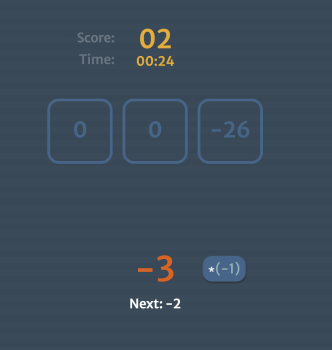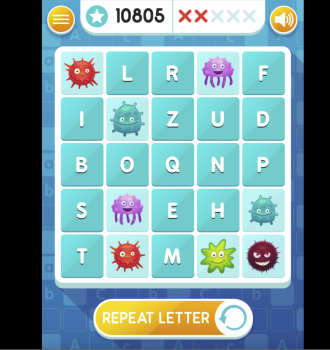Are Online Games Good For Kids’ Development?

The short answer is yes (but not all games and not all the time).
The long answer is all that follows:
For those who think online games are a waste of time or bad for a child’s development, this article is for you.
Here’s the thing:
If you want your child to love learning, you need to spark their curiosity for learning.
How do you do that?
You make it fun.
Game-based learning as part of school curriculum
Gamification is the application of game mechanisms in non-gaming environments such as school curriculum. Gamification uses (but is not limited to) points, badges, leader boards, competition, and achievements – all to inspire and motivate students.
Advanced countries like Hong Kong, Belgium, and Poland already use online games as part of the school curriculum.
Schools in all countries now use game-based learning more often to build math skills or get to grips with concepts in science and history.
Learning through games makes ‘boring’ or theoretical subjects fun and easier to grasp. Research shows that it’s easier to pay attention to the lesson when it is gamified and fun.
Advantages of educational online games for student development
There are many benefits of educational online games.
Gamification lessens students’ fear of failure
Failure is an integral part of learning, but in schools, it’s seen as a source of shame.
Games force you to try again and again and again before you nail it. It encourages kids to reattempt without embarrassment.
This persistence goes hand-in-hand with academic progress, and it also develops the grit and resilience our students need for adult life.
Gamification increases motivation
Games drive high levels of motivation.
3 motivational factors lead players to try and try again:
Achievement: players want to excel and demonstrate mastery over the challenges of the game.
Social factors: players are motivated by the relationships and team building involved in games.
Immersion: players are motivated to discover new aspects of the game and create personal experiences through role-play and exploration.
Gamification in the classroom uses these factors to motivate students with learning, so they’re pushed to keep striving for progress even when the going gets tough.
Online games teach kids to never give up, no matter how many times it takes to beat your competitor or yourself and reach the next level.
Gamification assists cognitive development
Cognitive development focuses on a child’s ability to think and reason. It involves thinking, exploring, critical thinking, and problem-solving.
According to research, games that invite critical thinking and problem-solving can improve students’ processing and information retention abilities.
This 101010 is the perfect maths game that develops cognitive abilities. The goal of the game is to add and subtract numbers until a space contains a value of 10.
The best bit? You can fuse positive and negative numbers. So you can either end up with 10 or -10. This improves mental rotation abilities (the ability to mentally visualize an object from multiple points of view).
You have 2 minutes and 30 seconds to form as many 10s as you can.
I only got 2 points 🥹 (see below). Need to practice some more.
There are thousands of free educational games on plays.org for all age groups, including:
- Maths games
- Turn letters into words
- Language and word games
- History games
- Science games
- Geography games
- Piano and other keyboard games
- Hand-eye coordination games
+ much more
If your child is learning the alphabet, you could play Alphabet Bingo. The rules are simple: Listen to the game’s audio and identify the sound of a letter.
Gamification helps with goal-setting
Many games are goal-oriented as evidenced by the concrete objectives players at each level must meet. This characteristic teaches kids how to set their goals and motivates them to achieve them through mastering the needed skills and by being more strategic.
Gamification builds skills for future careers
The more complex online multiplayer games help teach players how to be strategic and analytical to assess risk and reward.
These games call for young players to react quickly to changes in the game.
This type of gaming benefits children because the skills can be transferable to real-world jobs that rely on problem-solving, analytical skills, and strategic thinking.
Disadvantages of educational online games for student development
Too much fun is never good 😏
To make gaming a positive and safe experience for your kid, make sure they are only playing the games appropriate for their age.
Monitor and limit their daily screen time, and keep them away from violent video games, or games involving guns.
The American Academy of Paediatrics suggests no more than 2 hours of screen time a day.
Gaming usually becomes a problem when a child plays late in the night or too much, resulting in tiredness and irritability due to lack of sleep, so it’s best to keep screens away from the bedroom.
Generally, video games in moderation are a safe way for your child’s development.


